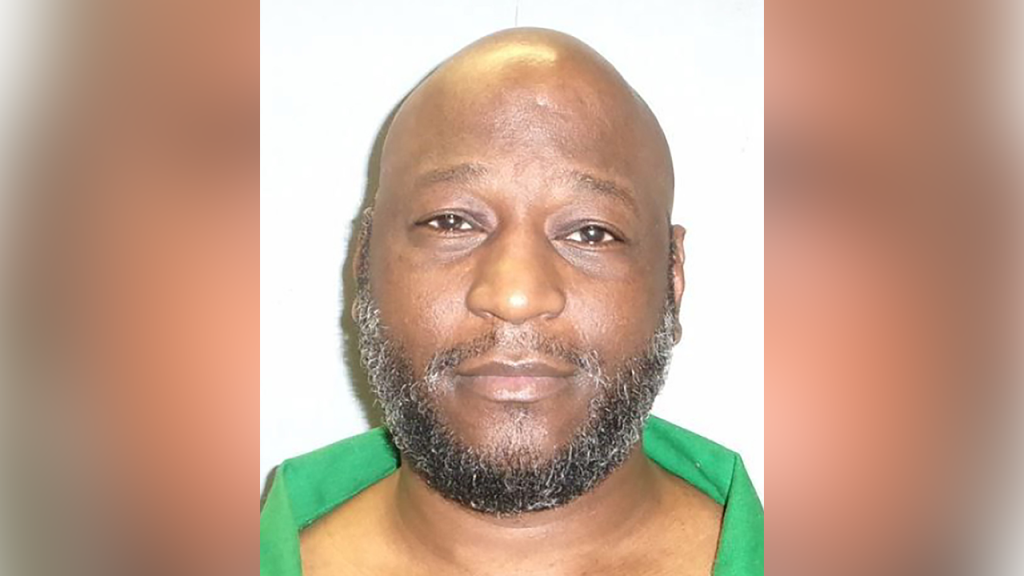South Carolina is set to carry out its first execution in over 13 years next month, with Freddie Eugene Owens scheduled to be executed on Sept. 20 for the 1997 killing of store clerk Irene Graves. South Carolina had struggled to obtain lethal injection drugs in recent years due to pharmaceutical companies’ concerns about disclosing their sale to state officials, but a new shield law has been passed to keep suppliers private. The state Supreme Court has cleared the way for executions to resume, and Owens will have the choice of being executed by lethal injection, electrocution, or a firing squad.
Owens had also killed his cellmate at the Greenville County Jail after his conviction in 1999, but before his sentencing. The high court’s interpretation of the state’s secrecy law on executions required that all three execution methods be available for Owens to choose from, and he will have about a week to notify the state of his decision. If he does not choose, the state will default to using the electric chair. Owens’ lawyer is waiting for prison officials to provide a sworn statement on the purity, potency, and quality of the lethal injection drug, as transparency about the execution drugs and their source remains a concern for the defense team.
South Carolina previously used a three-drug mixture for executions, but they will now use the sedative pentobarbital for lethal injections. The state’s last execution was carried out in May 2011, and the supply of lethal injection drugs expired as companies refused to sell more unless the transaction was kept private. The addition of the firing squad method and the passing of a shield law now allow for executions to resume after a decade of debate in the legislature. The death row population in South Carolina has decreased since the unintentional pause on executions, with only 32 condemned inmates remaining.
The recent state Supreme Court ruling found the shield law legal and deemed both the electric chair and firing squad as not cruel punishments. South Carolina has executed 43 inmates since the death penalty was reinstated in 1976, with at least three other inmates having exhausted their regular appeals and more nearing their last appeals. Owens has been sentenced to death three separate times during his appeals process. The state’s General Assembly authorized the creation of a firing squad in 2021 to offer inmates a choice between that method and the electric chair. Owens, along with several other inmates, could be facing execution in the near future.
Overall, South Carolina’s upcoming execution of Freddie Eugene Owens marks the state’s return to capital punishment after over a decade without any executions. The struggles to obtain lethal injection drugs have led to the introduction of new methods such as a firing squad, as well as the passing of a shield law to keep suppliers private. The recent state Supreme Court ruling has paved the way for executions to resume, with Owens given the choice of lethal injection, electrocution, or the firing squad. Despite concerns about the transparency of execution drugs, South Carolina is moving forward with plans to carry out the death penalty once again.













